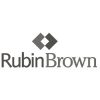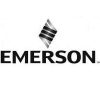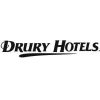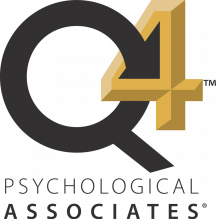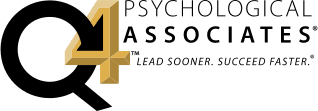When it comes to hiring, the stakes have never been higher. With unemployment at historic lows and turnover at unprecedented highs, an employer’s ability to find and retain the right talent is vital. The use of formal assessment tools for hiring decisions has been on the rise for several years, but its value really shines through in times like these.
So why should your company place their trust in psychometric and personality assessments for new hires? We’ve found that there are five critical (and well-researched) reasons why formal assessment tools add substantial value to any company’s hiring process:
1. Résumés aren’t everything
We’ve all heard the horror stories of people “padding” their résumés. You may remember when Scott Thompson was ousted from his CEO position at Yahoo after it was discovered that he lied on his résumé. But this issue goes far beyond a few big-shots getting caught in a lie. A 2018 survey from Hire Right found that 85% of HR professionals have uncovered misrepresentations or flat-out lies on candidates’ resumes. And while it is exceedingly easy for a candidate to lie on their résumé, it’s incredibly difficult (not to mention time-consuming) for HR professionals to uncover the truth. Formal tests are scientifically designed to be notoriously hard to game, removing the risk of reliance upon potentially overstated résumés.
2. Bias is more than a buzzword
Everywhere you look, people are talking about bias. Whether it’s conscious or not, research shows that variables such as gender, ethnicity, and even physical attractiveness can sway how a candidate is judged. Even when résumés were identical, a candidate’s name that indicated gender or ethnicity was enough to trigger bias in the hiring process. Formal tests can help eliminate these types of hidden personal bias, in order to create a more level playing field.
3. References are cherry-picked
It’s a safe bet that any references provided by a candidate were chosen for a reason. And even when references aren’t over-the-top enthusiastic, potential employers are unlikely to get honest critique: The fear of a lawsuit is just too great. A formal assessment process, on the other hand, removes the politics and measures a person’s actual strengths and weaknesses.
4. Sounding intelligent ≠ Being intelligent
A clever person can spin an interview to make it sound like they’ve accomplished more, read more, and made better decisions than actually occurred. In other words, some people can sound really smart. But actual intelligence isn’t correlated with just sounding smart. Rather, intelligence is dependent on underlying cognitive abilities, such as a strong working memory; the speed at which we can assimilate new information; and the ability to think critically and logically. All of these things can be measured objectively through formal tests.
5. Test for the capabilities you’re seeking
Let’s say you are hiring a project manager. You need a manager who is communicative, cool under pressure, and personable, but also extremely detail-oriented. Can you determine all of those qualities from a résumé? Perhaps, but it’s a little like reading tea-leaves — it’s going to be difficult, inexact, and missing key information. With formal testing, however, you can test for the exact competencies and capabilities you need, allowing you to more straightforwardly detect their presence or absence in your candidates.
When you look at all of the evidence, it’s clear that the ROI on formal assessments is very high. Combine that with the high cost of a potential bad hire and it’s a wonder there are any companies left who aren’t using assessments for hiring!



